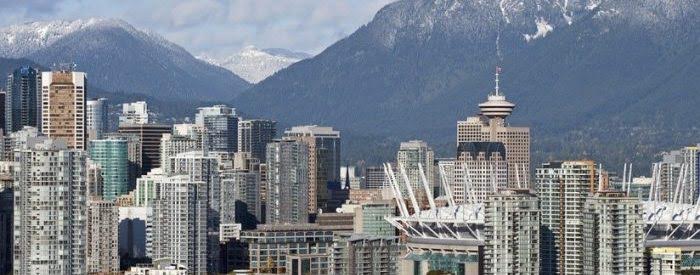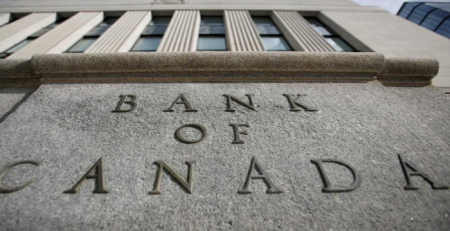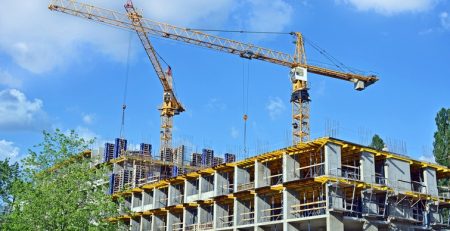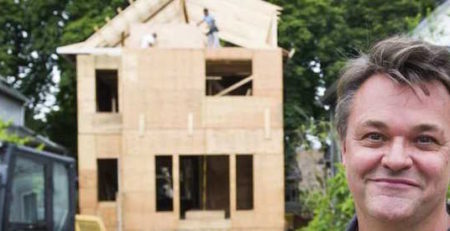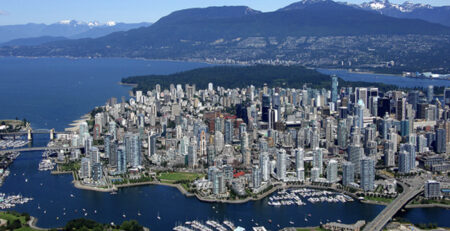Vancouver to Continue to Lead Canadian Economic Growth For the Next Year
[Source: BIV, November 14, 2016]
Vancouver will lead the country in terms of economic growth in both 2016 and 2017, according to a Conference Board of Canada report released November 14.
Overall this year, the city will see growth of 4%, driven in large part by the construction sector, followed by an increase of 2.8% next year.
“Vancouver is on track to boast the fastest-growing metro area economy for the second straight year in 2016, as the region’s housing market remains one of the metro area’s key engines of growth,” said Alan Arcand, Conference Board associate director for the Centre of Municipal Studies.
“While Vancouver’s economy is forecast to slow next year, partly due to federal and provincial government measures directed at cooling the overheated housing market, the pace of growth still will be strong enough to maintain the metro area’s first place ranking.”
Construction in Vancouver was aided by record housing starts this year; a total of 28,400 units will have been started in 2016, with most of this strength coming from multiple-unit starts as developers turn to higher-density and mixed-use complexes. As well, non-residential projects were strong this year, with one example being the University of British Columbia’s plan to build additional housing for 3,000 students.
Single-family home construction is expected to have grown 11.9% by the end of the year. This comes in spite of home prices increasing beyond the means of many residents.
This construction strength supported boosts in finance, insurance and real estate in 2016. These sectors will all cool next year in reaction to B.C.’s foreign buyers tax and other tougher mortgage rules put in place by the federal government.
In its report, the Conference Board estimates the economic impact of these measures to be reflected in a drop of around $290 million in 2017, “compared to a scenario where no policy changes had been made.”
On the other hand, non-residential construction is set to remain strong next year, with such projects as the Emily Carr University Great Northern Way Campus development and the expansion of the Vancouver International Airport leading the way.
Transportation and warehousing will benefit from a low Canadian dollar this year, with expected growth of 6% in this sector. Manufacturing is set to increase 4% in 2016 and 3.2% in 2017, as Seaspan continues its work on its $8 billion contract with the Canadian government to build 17 non-combat ships, among other projects around the city. A low Canadian dollar will also push growth forward.
The economies of Toronto and Halifax are also expected to expand this year, with increases of 3.4% and 2.6%, respectively. The economies of Calgary and Edmonton are forecast to shrink for the second consecutive year, but they should experience a modest rebound next year, according to the board’s report, as crude oil prices recover.
Recent measures put in place by the federal and provincial governments intended to cool the real estate market will slow

